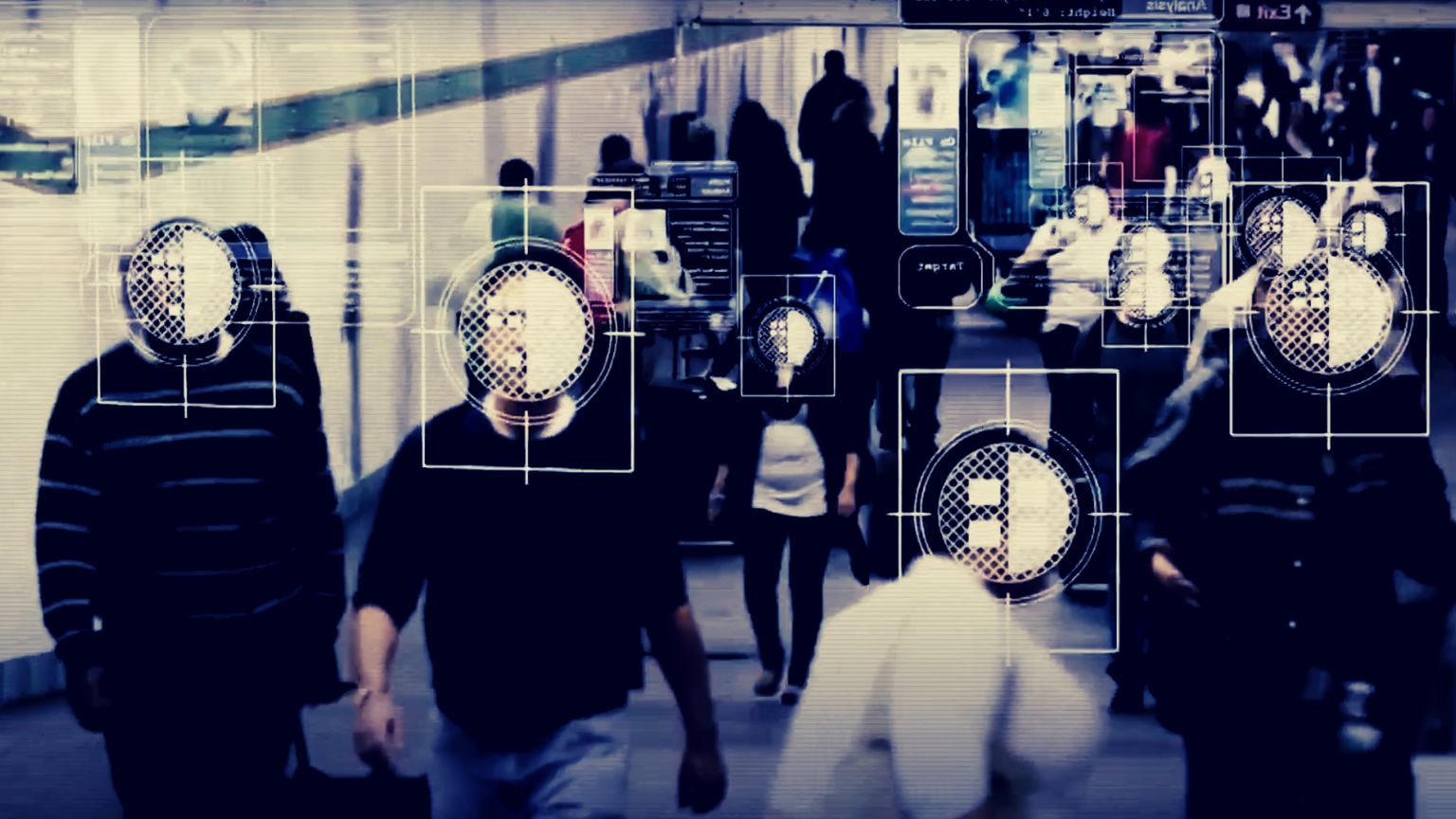The New Orleans City Council overturned a ban on the use of facial recognition by the police.
Celebrating the move, Mayor LaToya Cantrell gave a statement, saying that facial recognition “represents a tremendous stride towards greater public safety,” and that the technology will “take dangerous criminals off our streets.”
The city council overturned the ban, rejecting arguments by critics that the technology is biased and that denies people anonymity in public.
However, two councilors did not vote in favor of overturning the ban because an amendment that would have protected some communities and required accountability on the use of the technology was denied.
The amendment would have prohibited the use of facial recognition to identify those seeking abortions and required reports on the effectiveness of the technology.
According to a report by the Independent Record, Montana is considering passing new regulations on the use of facial recognition. The proposed law would allow law enforcement to use facial recognition while investigating “serious crimes” like an assault with a weapon and homicide.
Montana already uses ID.me to verify the identity of those making unemployment claims. The prison department also uses a third-party facial recognition firm to track those on parole and probation. The state’s chief information security officer warned legislators against rashly passing the legislation because of the consequence that would follow the abuse of the technology.
In California, the proposed legislation would make permanent the 2019 moratorium on the use of facial recognition in bodycams worn by the police.













